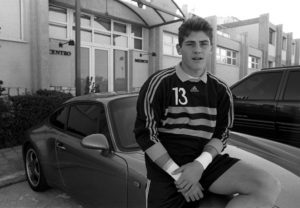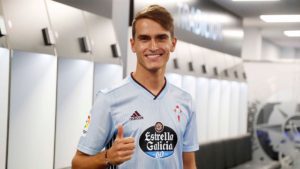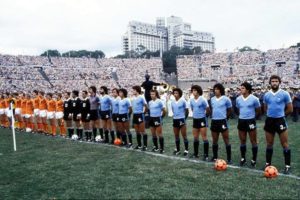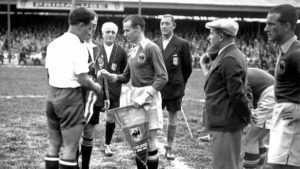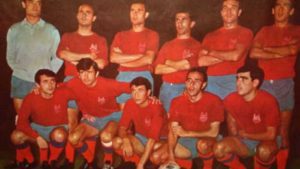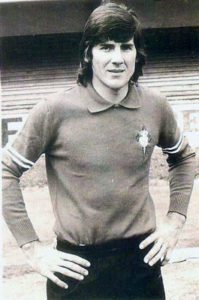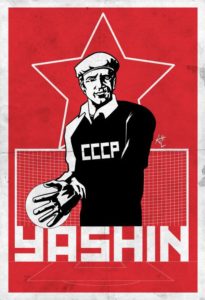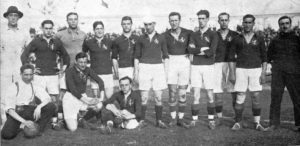The players who were away from the Spanish football team
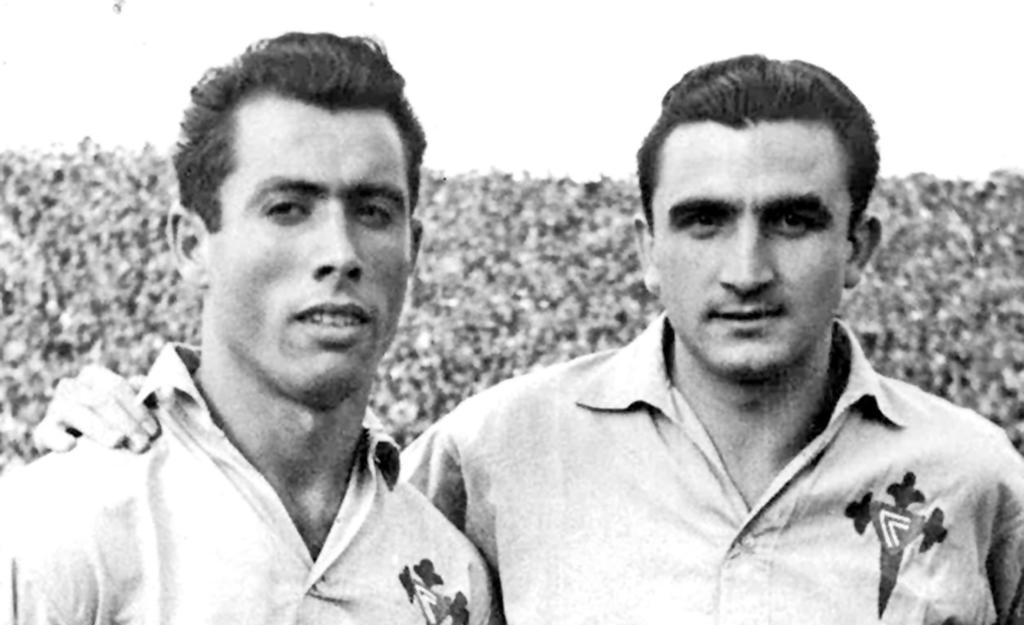
History Spanish football team It is full of curious anecdotes. Today we will review the the football players they were removed from the national team for various reasons. One of them, also, perpetually.
Pahino
Manuel Fernández Fernández "Pahino" He was one of the great players in the history of the Celta and Real Madrid. Born in Vigo 21 of January of 1923, It was signed at nineteen by the whole sky from two teams, an unusual case in the world of football. Pahiño had played in the youth of the Navia and then received offers from two teams in the regional category Galician: Alcabre Arenas and Victoria. And he decided to sign for both, so that, as agreed schedules, He played a week with one and the next one with the other, duplication of record that allowed the not be challenged by any of the two clubs.
Pahiño five years defended the jersey Celta were a resounding success personally and collectively. The footballer became one of the figures of the First Division, getting his first Pichichi trophy with heavenly. 23 goals were decisive for the vigueses had just fourth in the league of the course 1948-49 y defense, also, the end of the Copa del Generalissimo against Sevilla. This made the young striker received the call from the selection.
Pahiño He lined up for the first time in Spain in June 1948 in Zurich to face Switzerland, meeting he ended tied at three goals and where the Celtic striker won the last of many. What the attacker knew he had not been sentenced before the meeting. Galician player was preceded by certain fame of "red", a man fond of Russian literature, who tried to dodge praise others made to the Franco regime and the straw that broke the camel was caused by an alleged lack of respect for the words of a strongman of the regime.
It was usual in those years some military accompany the Spanish team in the matches it played out and even lanzasen some kind of harangues before the game to encourage players. A Switzerland attended the general Gómez-Alabama, Gallego as Pahiño, I had a past marked as a combatant in the Civil War and World War II- He had been a colonel in the Blue Division- and later became governor of the Spanish West Africa and have a role in the War of Ifni. A man of character, few jokes and one of the heavyweights of Francoism.
There, in the dressing room, He dropped the rigor harangue players ended with: “and now, boys, balls and spanish”. What Pahiño He responded with a silent laugh and a smile marked, clear enough to be captured by the military general and others who accompanied him. It was recalled that the player had the strange hobby of reading Russian novelists and, above, the luxury of missing was allowed to respect a hero of the fatherland.
In addition to playing against Switzerland, disputed the second meeting of the tour was selecting, against Belgium, in which he scored again and, On his return to Spain, the general asked not to call back the team to the Galician front. The means of the regime, as the newspaper Arriba, he was called "Disrespectful with the symbols of the Fatherland", coming, also, writing textually: "What can you expect from a guy who reads Tolstoy and Dostoyevsky". No further evidence they needed, Pahiño was removed from selection.
That smile was face. He forbade him to go to Spain to the World of Brazil 1950, pushing her up to forty players preselection where would the final list for the most important event in the world of football. It served little sign for Real Madrid, team which was aficionado since childhood and which, Interestingly he offered by a letter sent personally by the player to the Madrid club. He also sent another to Sevilla, It was called by both teams, but weighed more than his Real Madrid and joined the team merengue would get a new trophy Pichichi in season 1951-52.
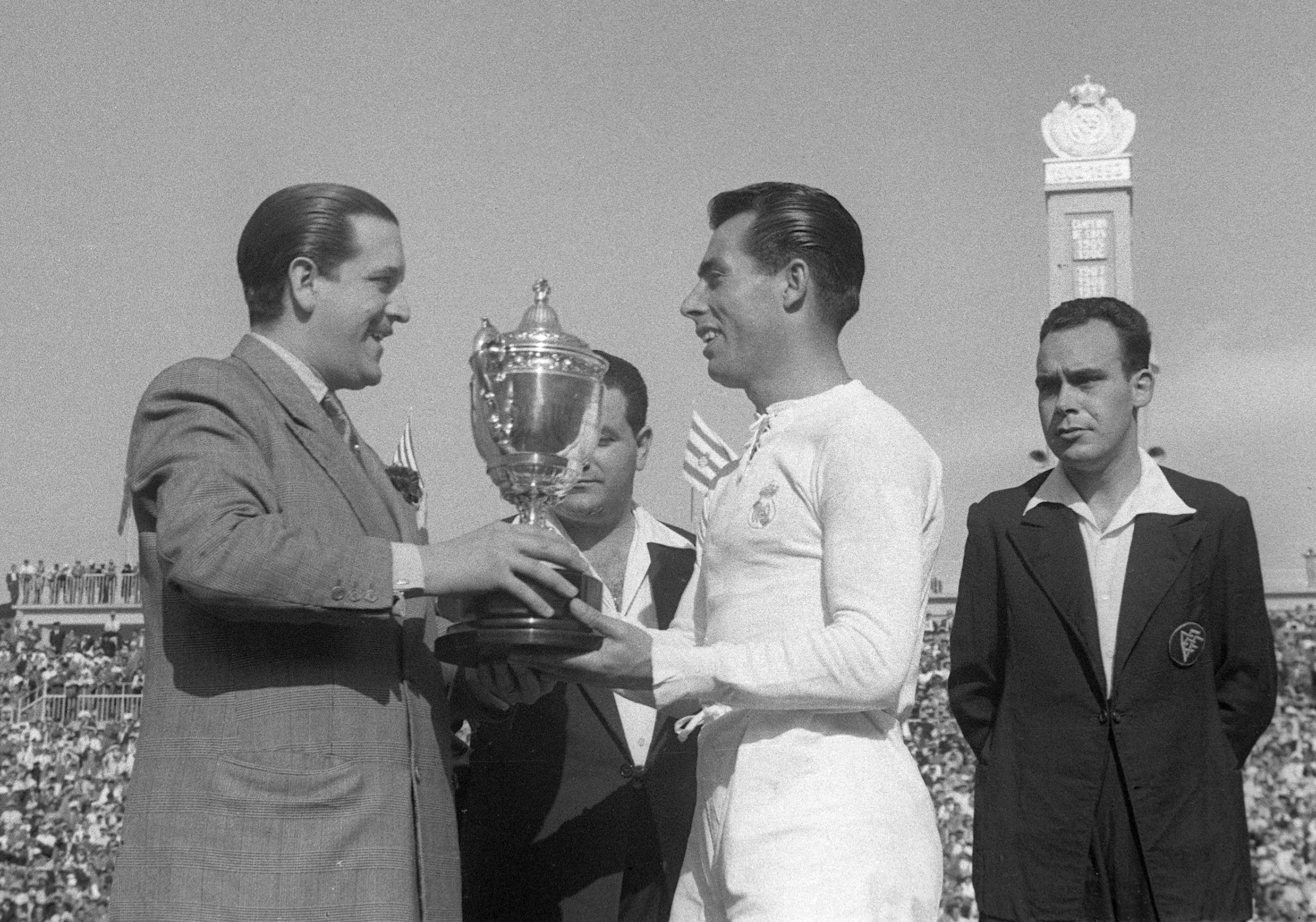
Eight years lasted the sanction (that it was never recognized as such). At thirty-five years, disputed, as a tribute, their third and final game as an international. A successful career, both Celtic, as in the Real Madrid, without forgetting other three in the Deportivo La Coruna where goals followed by. Finally, He hung up his boots in the second division in the ranks of the Granada. A sporting life could have been even more successful if he had not smiled that afternoon in Switzerland, nor he had made public his passion for the works of Dostoyevsky, Clear.
Casuco
A few years earlier, He had been removed from the national team and this time another player, by itself Spanish Football Federation and in perpetuity.
The reasons were very different and much more comprehensible than the smiles, more or less fortunate or disrespectful, Gallego front of. The protagonist of the story unpleasant was the Spaniard Julio Fernández García "Casuco", right end of the famous "Front power" of the Real Oviedo, where he had arrived in 1932 the team from his native village, Stadium Avilesino (today, Real Aviles).
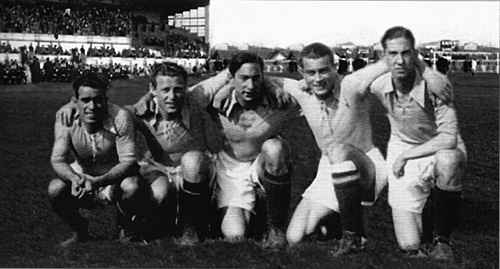
Casuco He highlighted as a very fast player with a knack for Dodge, although it costs him a place on the starting lineup carbayón, passing the first of his seasons as a player in white blue, without playing any official match. But soon things changed positively for him and Year 1935, He was summoned by coach Amadeo García to dispute two friendly meetings that would take place against Portugal and Germany on 5 Y 12 of May.
The first disputed in the Portuguese capital and the second in the German city of Cologne. In the match Lisbon, which ended tied at three goals, many Spaniards made by the well-Oviedo LANG, twice, and Gorostiza. Casuco He was on the bench and did not play a single minute, but he obtained the promise that Salazar debut with the national team in the second match of the tour.
After the dispute of the meeting, the Portuguese Football Federation hosted a dinner for players and managers of both teams. A the end of the same, a group of Spanish players went to a cabaret. There, Casuco, It was the protagonist of a more than unpleasant incident. The front-Oviedo patted, an unacceptable act, the back of one of the waitresses passed when the local side of the table where the Spanish players were. The local clerk returned the grievance suffered a blow to which he replied the Asturian striker with another resounding slap, according to reports the Spanish press of the time (or with a punch, according to the Portuguese chronic).
After the attack of the Spanish striker, a waiter and some customers came in defense of the girl, immediately provoking a fight between Spaniards and Portuguese unfortunate that only police, warned by local staff, could stop. Casuco ended arrested and after spending the night in a police station and Lisbon, thanks to the efforts of the directors of the Spanish Football Federation and the Spanish embassy itself, He was released without charge. Did not have, well, legal consequences, but sports.
The national team striker sent directly to the Oviedo Asturian capital and did not travel to Germany (missing the option to debut in a historic meeting in which Spain would end up imposing itself somewhat by two) and the president of the Spanish Football Federation, Leopoldo García Durán, He announced that the player carbayón never would wear the jerkin of the Spanish team to the dishonoring the same.
So it was, definitely he lost the opportunity to be international that had grazed. Casuco still enjoy another year of football in the Real Oviedo until the outbreak of the war in Spain. During the Civil War he enlisted in the Republican army and died in 1938 in the bloody "Battle of the Ebro", after a week of fighting injuries he had suffered in the front.

